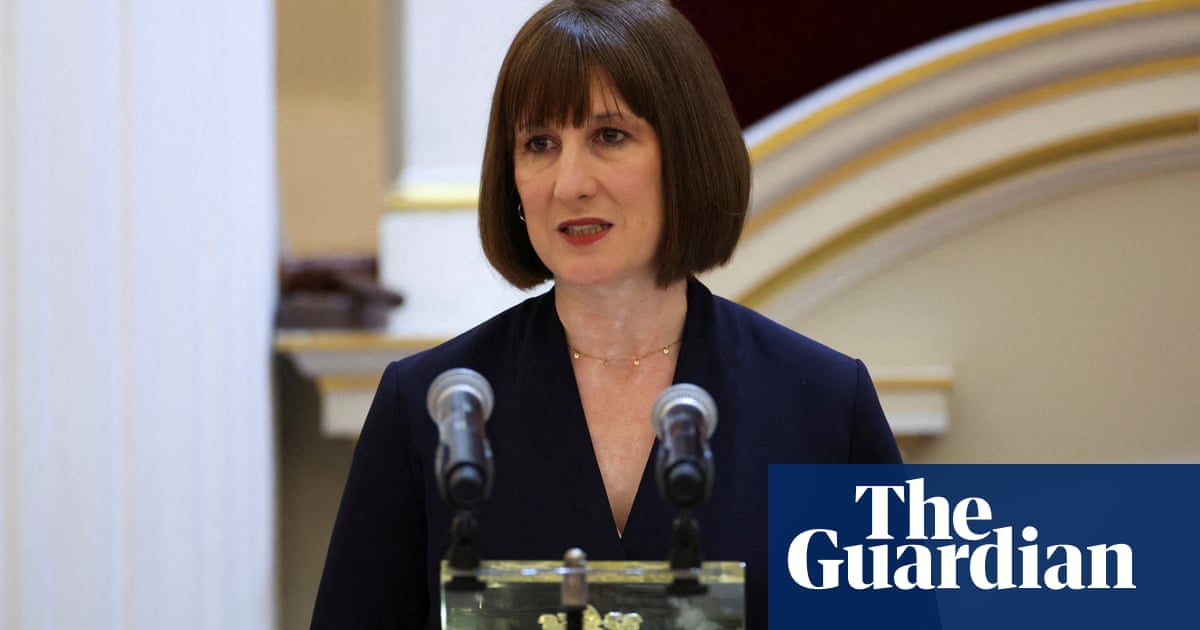After a while, you want to live alone. And then it happens and you discover everything that’s difficult about it. You realise that you didn’t really want to live alone, you were just sad and alienated in your old life.
The pandemic reshuffled society in a way that could not be anticipated. Sometimes it feels as though the life I now have has come about because I stepped through a portal to a parallel world. There is a disconcerting jump cut between life before Covid-19 and life now. In the history of unstable housing that characterised my 20s and early 30s, and about which I feel nothing but regret, there was a moment when it changed from an unquestioned, if depressing reality, to something emblematic.
Lots of people discovered that their friends harboured secrets or tendencies that were intensified by such a pressurised situation. One of the most galling realisations was about the class difference – suddenly, people had inheritances they wanted to protect, or received deposits that allowed them to move out of their tumbledown house shares. Suddenly, people got married or moved away and the fragile ecology of friendships or networks disappeared.
It doesn’t surprise me that there has been a huge wave of discussion recently about how neglectful landlordism is ruining people’s lives and health; how kids are dying from black mould; how social housing continues to be sold off in England, or irresponsibly demolished; how thousands of people have seen the value of their homes reduced to zero because of dangerous cladding; how even Grenfell survivors have not been adequately housed; how families are squashed into temporary accommodation for years on end; how migrants were attacked, with racists attempting to burn them alive in their hotel rooms; how you’ve got a snowflake’s chance in hell of getting a permanent roof over your head if you don’t have family money, especially in London.

In a strange way, I was faced with the effects of my own itinerant life. I have never been stable and have always had to deal with a range of comments – from irritated to sad – about the fact that I could never be pinned down. People have often started emails with “where in the world are you?” or “what city will you be in next?” What bothered me about it was that I didn’t move out of choice. Usually, it was because I couldn’t afford my place any more, or it had been sold out from under me, or I had had to leave a bad housemate situation. Once, I even gave up social housing because the atmosphere became so horrible, only to be told to leave an unworkable private house share a year later. I ended up in a run-down flat with a sparking electricity meter and spent new year painting the walls and putting in floors. But it was only temporary and 18 months later I got a fellowship and moved to mainland Europe.
I don’t know if I’ll live in London again. Since leaving, I’ve managed to create the beginnings of a new life and new friends and relationships have replaced the ones I lost. Besides one brief, regretful, return to my family home, I have spent Christmas alone every year since 2020. There comes a moment when you have to make choices you would rather not because you realise the life you have constructed is inadequate. You turn around and you realise that your house is not your home, your city is not your city.
I ended up doing several retreats during this time and particularly enjoyed doing them in silence. I started to forget that it was Christmas Day at all, and spent my time reading or walking or sleeping. For the first time, I felt at home in my own body – in my own mind. I don’t think this is some great liberatory knowledge, because ultimately it came out of precariousness, out of having 25 addresses in 20 years. It came out of the forces of gentrification that destroy neighbourhoods and disperse communities. It came out of a pandemic. I try to be more sober about it these days, without slipping into the idea that this makes me some sort of Scrooge, some sort of Grinch. I love Christmas, wherever I am. It just doesn’t make me happy in the expected way.
-
Jay Bernard is a writer and artist

.png) 2 weeks ago
12
2 weeks ago
12













































